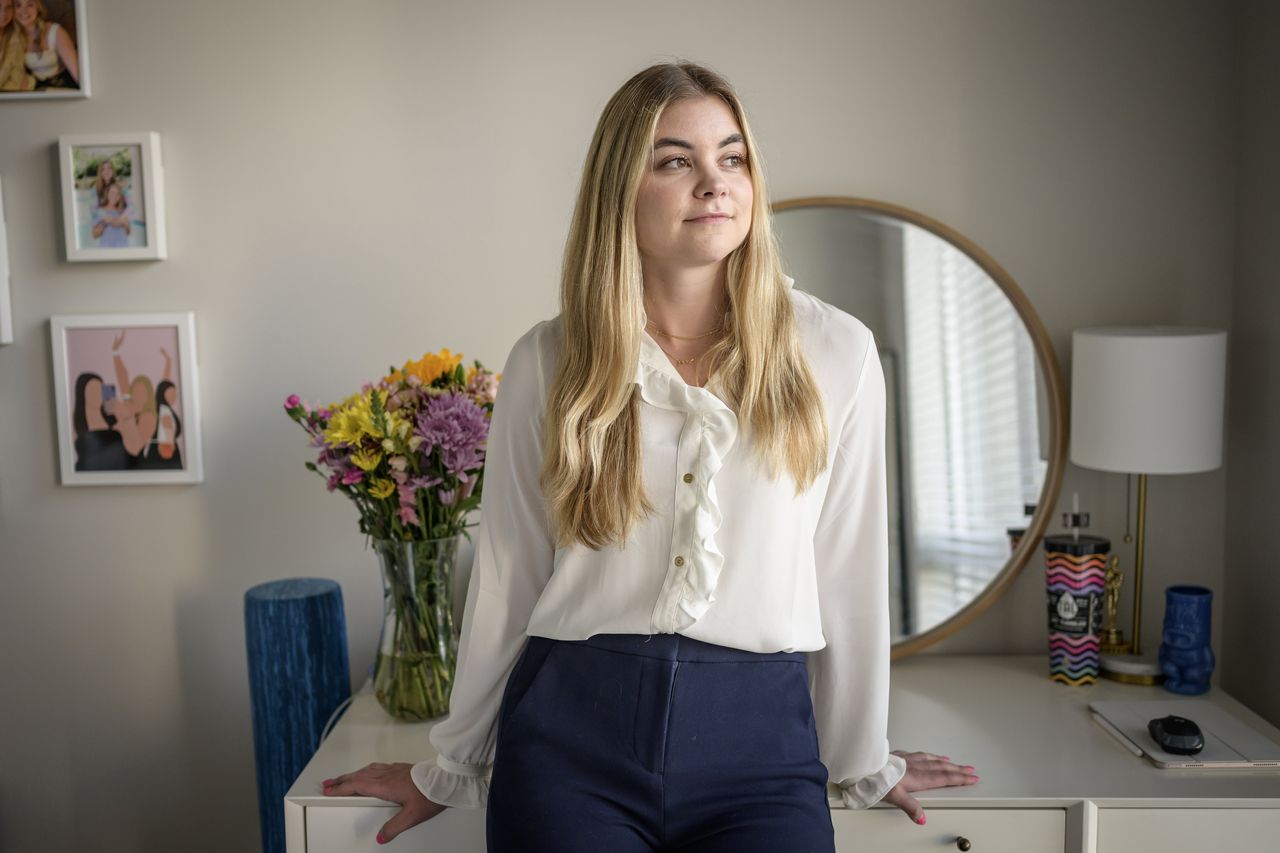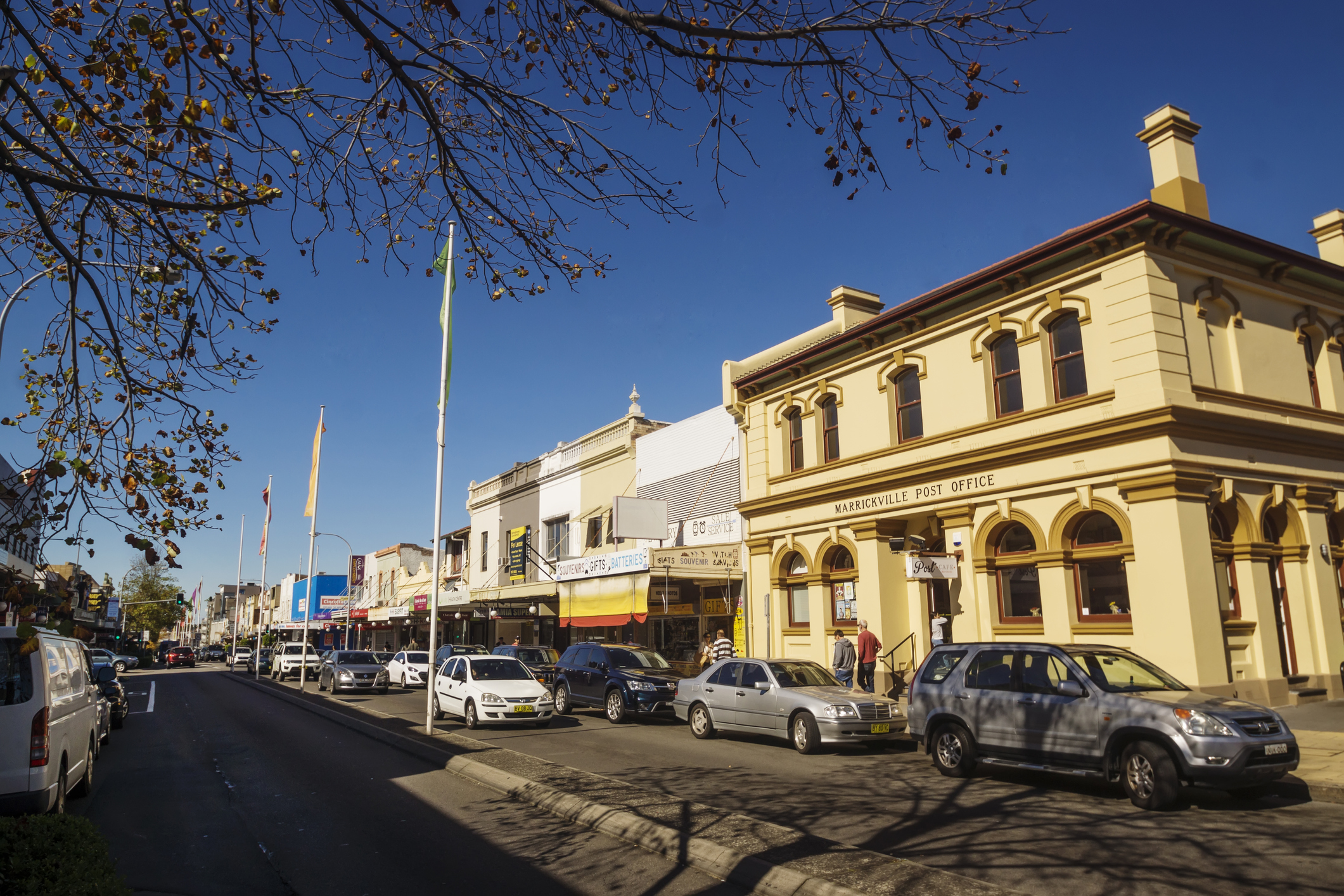The wealth creation guide, no matter what your age
There’s more to building substantial savings than putting away what you can after paying your bills
Whether you’re starting your wealth creation journey in your 20s, 30s, 40s, 50s or beyond, the core principles remain consistent. Create more income, manage your savings, and invest intelligently.
We look at the best wealth creation strategies depending on which decade you’re in right now.
In your 20s
The key to wealth creation is to start early. So if you’re reading this and you’re in your 20s, you’re well ahead of the game.
Accept that the greatest investment you can make is in yourself and your ability to earn an income.
“If you want to build wealth in Australia, you need to have a plan to be earning more than $100,000 per annum either now or within the next five years,” financial planner Chris Carlin says. “Most finance experts focus on ways to reduce your expenses, which is important, but for sustainable long-term wealth creation, we believe that you should be focusing on ways to increase your income rather than just focus on reducing your expenses.
For more stories like this, order your copy of the latest issue of Kanebridge Quarterly magazine here.
“If you need to change careers, study, start a business or ask for a pay rise, do whatever it takes to get your income above that level while you’ve got time on your side. Next step is to buy a house, because the sooner you get your foot in the door of the property market, the easier it will be for you to build wealth over the long term.”
Bear in mind that your first home doesn’t need to be your forever home. Think of it as your foot in the door to build wealth.
“If you’re accessing a first home buyers grant, you only need to live in it for 12 months and then you can consider converting it into an investment property or selling it,” Carlin says.
In your 30s
This is the time in life to establish a regular investment strategy. Consider long-term investments that you can lock up for five to 10 years. You can take on more risk at this time of your life, which can generate higher returns.
Set your priorities for life, and don’t take on more debt than you can afford to pay back.
Also, keep track of expenses and income with budget planners — a great habit to get into now.
There are many other things you should be considering too, such as topping up your super above the Super Guarantee and reviewing your personal insurance and investments.
In your 40s
This can be an expensive time of life, particularly if you’re supporting a family. But you’re probably in a more stable financial position by now, giving you a good springboard into investments such as a diversified portfolio of shares.
Investing in property is the best option at this age, whether it’s the family home or an additional property that can be utilised for an Airbnb. Also, make sure you rein in your debt. A bank loan for a mortgage is one thing, but debt on credit cards is hard to justify by this stage of your life.
Invest in your retirement by topping up your superannuation. Even an additional $50 a month will benefit from the wonders of compound interest.
Generally speaking, shares outperform other investments over the longer term. And if you invest in companies that pay dividends, you’ll benefit from being paid part of the company’s profits, generally twice a year. While dividends are less common in a downturn like we’re having now, they are likely to increase once company profits recover.
In your 50s (and beyond)
If you’re in your 50s or older, traditional financial planning tends to encourage less aggressive asset classes as people near retirement.
If you’re in a low asset position due to divorce and having to start again or you’ve missed the real estate boom and are still renting, the main focus should be on controlling spending and pumping money into super and savings and then investing aggressively, advises financial adviser and money coach Max Phelps.
“Property investing is either an option through super, or outside of super if the deposit can be raised,” he says. “Outside of super, properties with scope to improve, extend or subdivide will help build capital faster than normal market growth, to help catch up.”
Share investing could also be an option, with particular focus on high growth funds, such as international securities.
“Controlling spending at a level just above the aged pension should be a key focus, otherwise it’ll be a big step down when you finally stop work. Use a good budgeting and planning app,” Phelps says.
However, if you own your own home, and have a standard super balance, focus on the home and perhaps look at downsizing opportunities in the future.
“Maximising super contributions is likely to be beneficial to get the tax savings, potentially using a transition to retirement strategy,” he says. “For those looking for a sea or tree change, we would always recommend keeping the family home until a year or two after moving to a new area to make sure it really suits.
“For those wanting to stay in the same home forever, releasing equity to buy a couple of high yielding investment properties could be a good option, with the time to pay down the mortgages and keep them for additional income for retirement,” Phelps says.
If your own home is paid off and you have a high super balance and a strong asset position, the focus will likely be on asset protection and less risky asset allocation for investments, he says.
Whatever age you are, consider getting help now. The right financial advice early can set you on the right track.
This stylish family home combines a classic palette and finishes with a flexible floorplan
Just 55 minutes from Sydney, make this your creative getaway located in the majestic Hawkesbury region.
A study suggests that when jobs are hard to come by, the best workers are more available—and stay longer
Could a recession be the best time to launch a tech startup?
A recent study suggests that is the case. The authors found that tech startups that began operations during the 2007-09 recession—and received their first patent in that time—tended to last longer than tech startups founded a few years before or after. And those recession-era companies also tended to be more innovative than the rest.
“The effect of macroeconomic trends is not always intuitive,” says Daniel Bias , an assistant professor of finance at Vanderbilt University’s Owen Graduate School of Management, who co-wrote the paper with Alexander Ljungqvist, Stefan Persson Family Chair in Entrepreneurial Finance at the Stockholm School of Economics.
Drawing on data from the U.S. Patent and Trademark Office, the authors examined a sample of 6,946 tech startups that launched and received their first patent approval between 2002 and 2012.
One group—about 5,734 companies—launched and got their patent outside of the 2007-09 recession. Of those, about 70% made it to their seventh year. But the startups that launched and got their first patent during the recession—about 1,212 companies—were 12% more likely to be in business in their seventh year.
These recession-era firms were also more likely to file a novel and influential patent after their first one. (That is, a patent the researchers determined was dissimilar to patents in the same niche that came before it, but similar to ones that came after it.)
So, why did these recession-era firms outperform their peers? Labor markets played a big role.
A widespread lack of available jobs meant that the startups were able to land more productive and innovative employees, especially in their research and development groups, and then hold on to them. More important, the tight labor markets also meant that the founding inventors—the people named on the very first patent—were more likely to stick around rather than try for opportunities elsewhere.
For startups started during the 2007-09 recession, founding inventors were 25 percentage points less likely to leave their company within the first three years. On average, about 43% of founding inventors in the entire sample left their startup within the first three years.
“Our study really highlights the importance of labor retention for young innovative startups. Retaining founding inventors cannot only help them survive, but also thrive,” Bias says.
This stylish family home combines a classic palette and finishes with a flexible floorplan
Just 55 minutes from Sydney, make this your creative getaway located in the majestic Hawkesbury region.


















